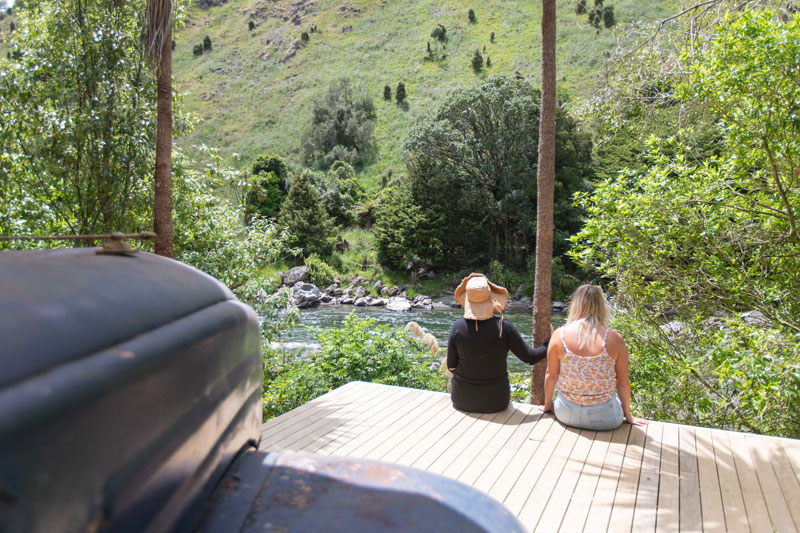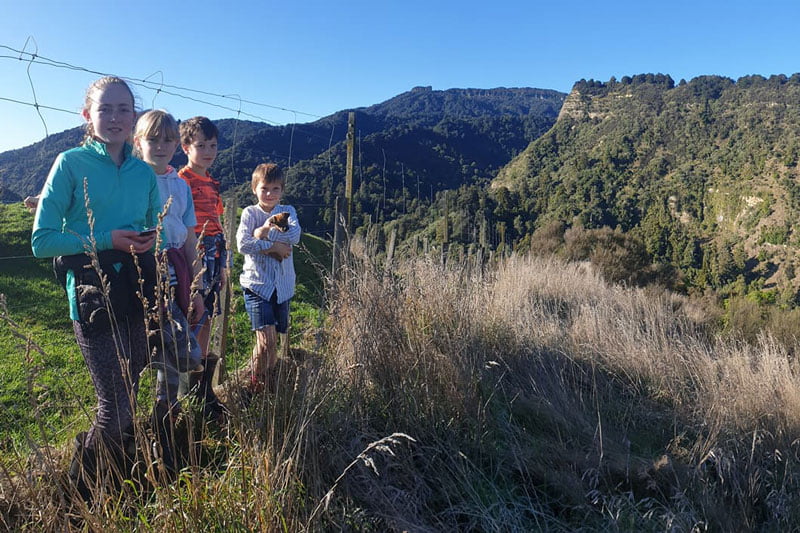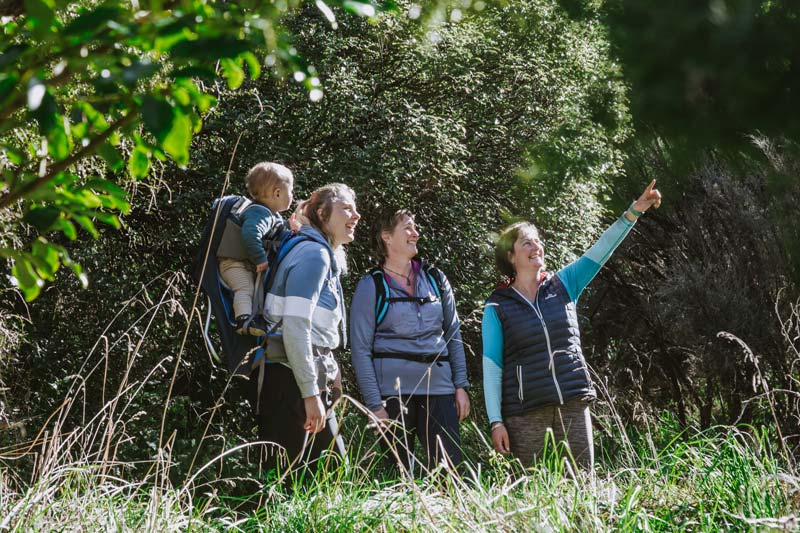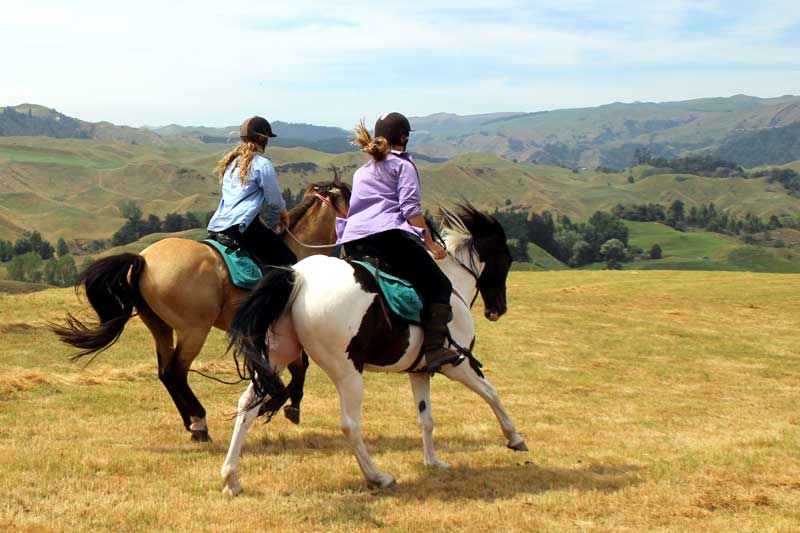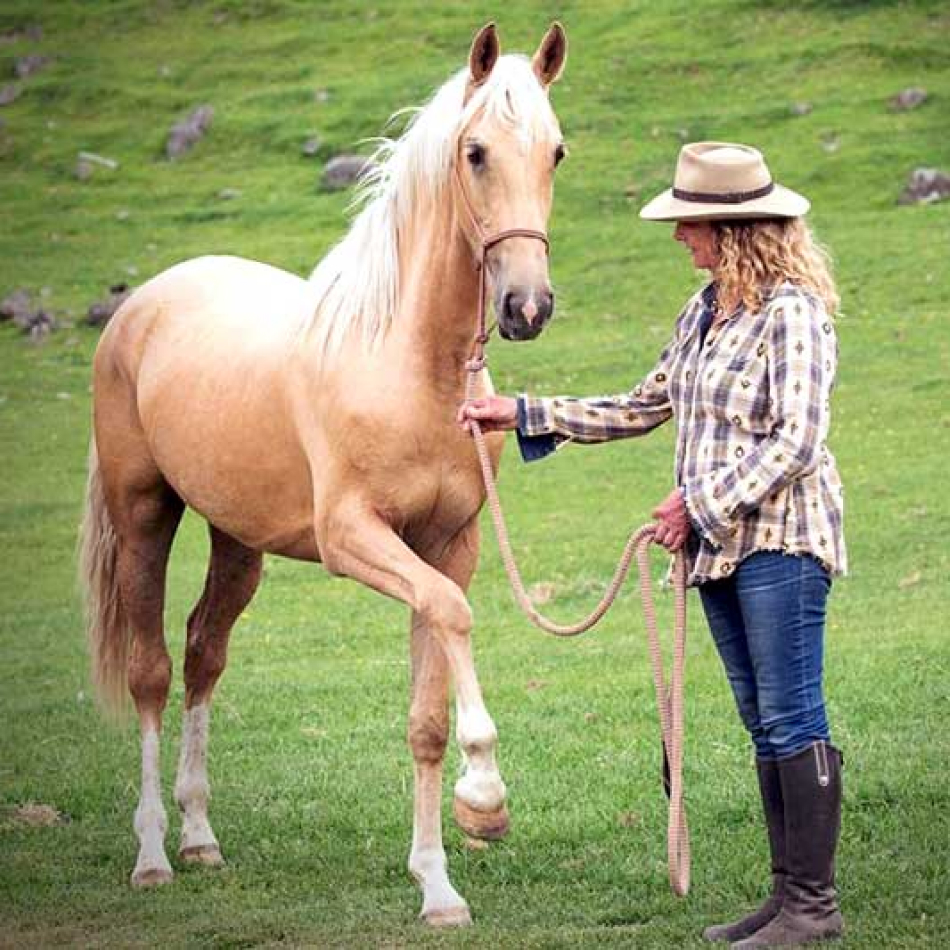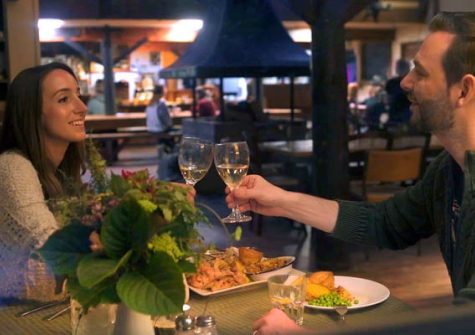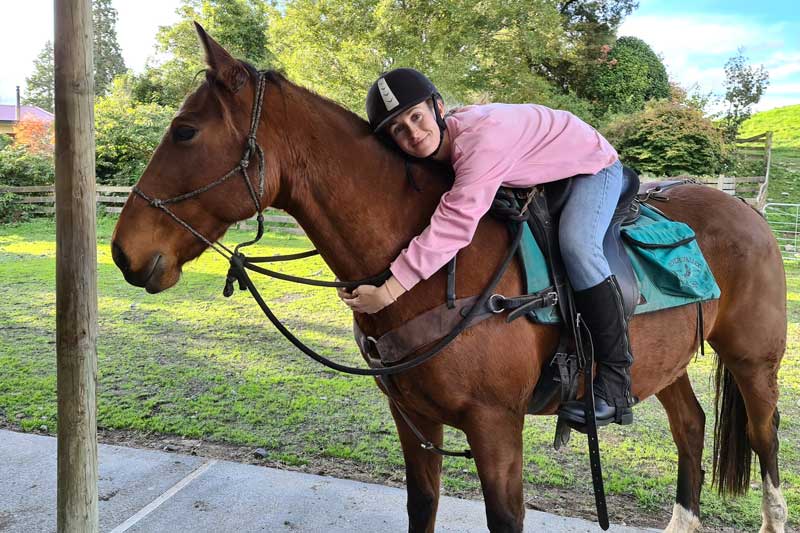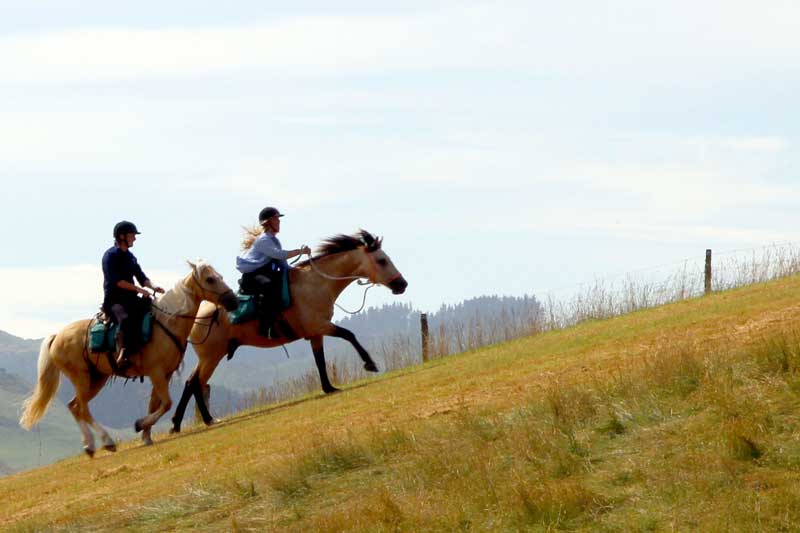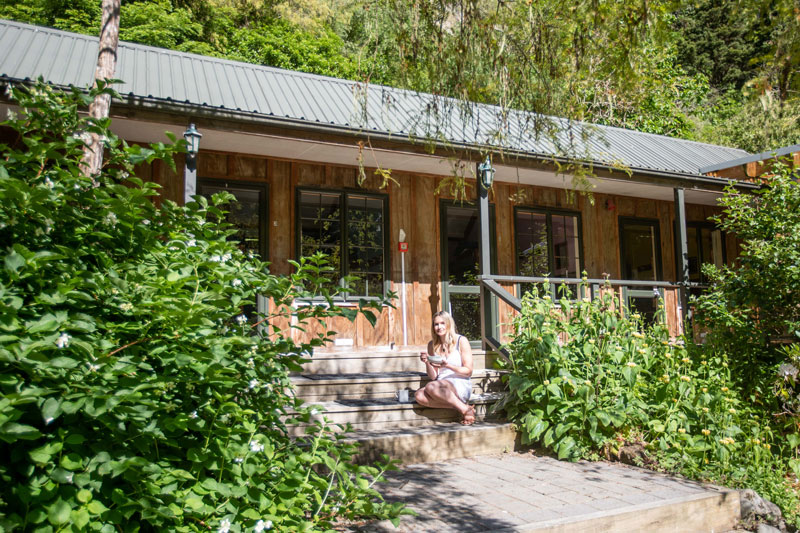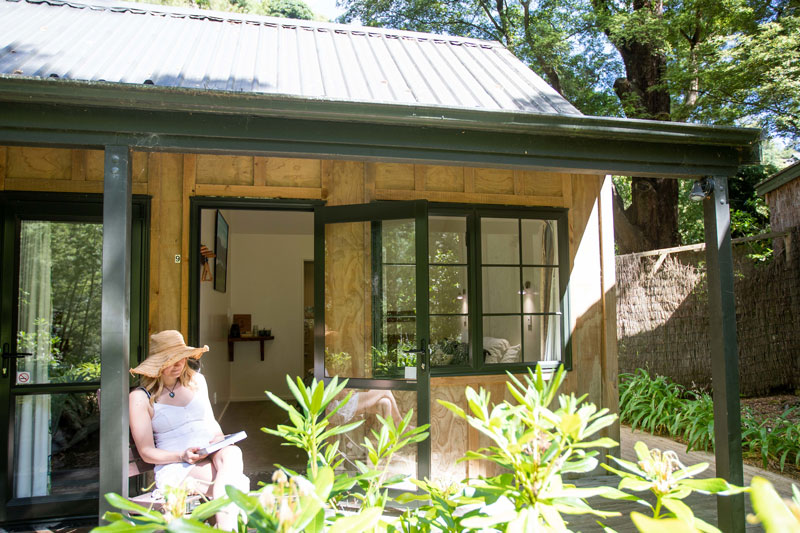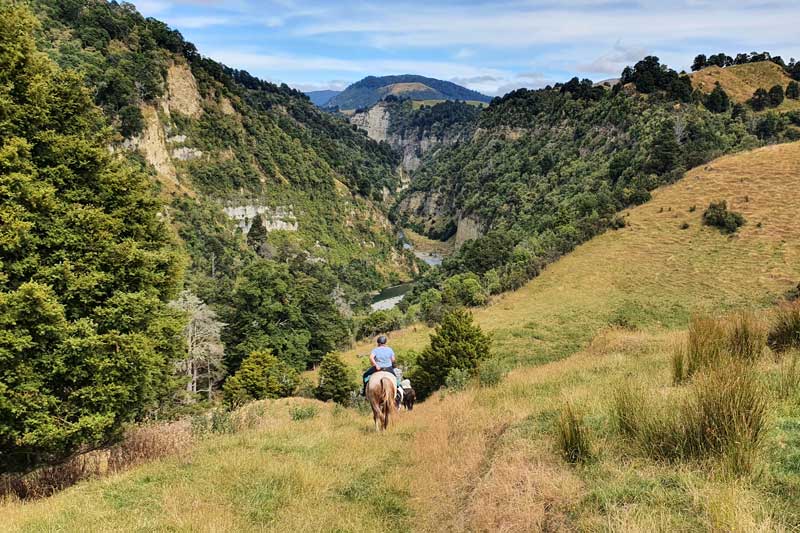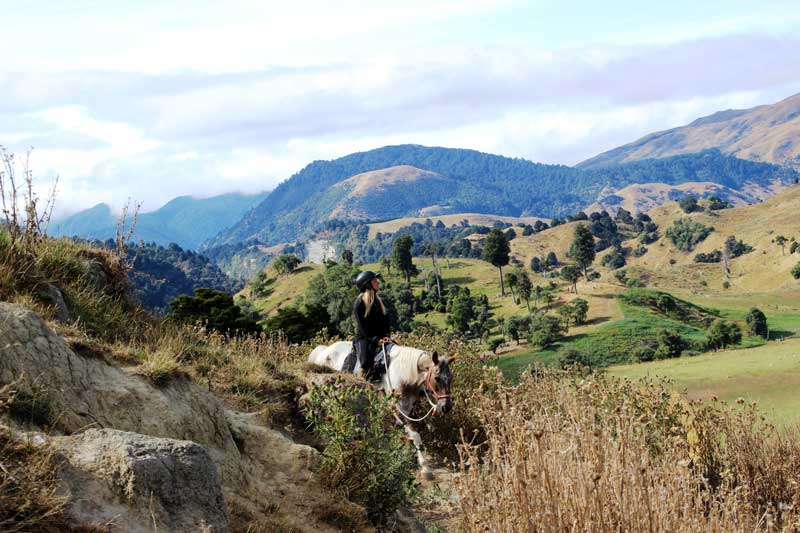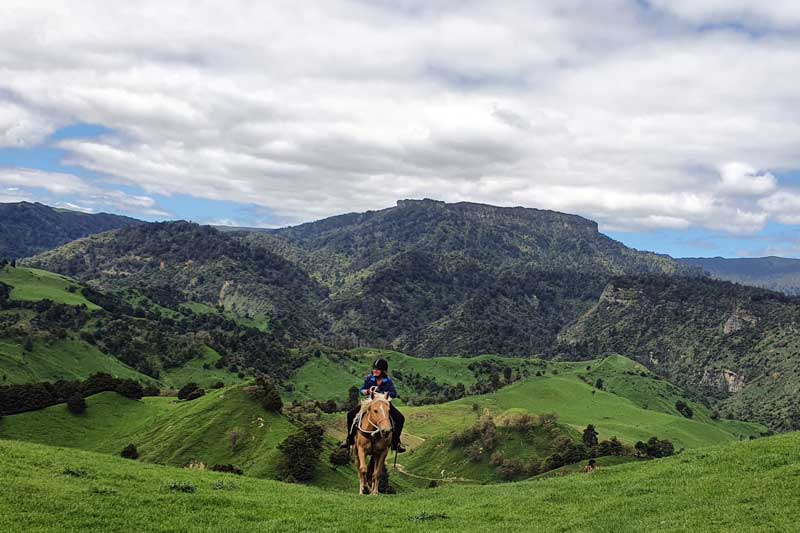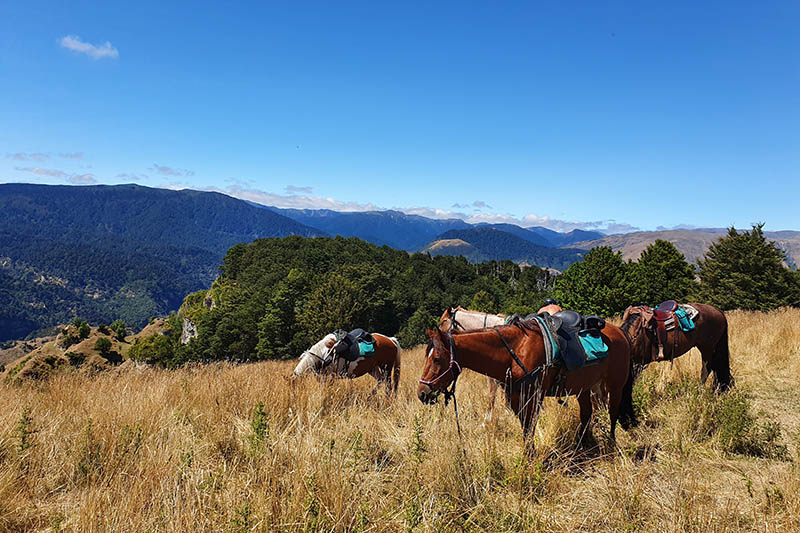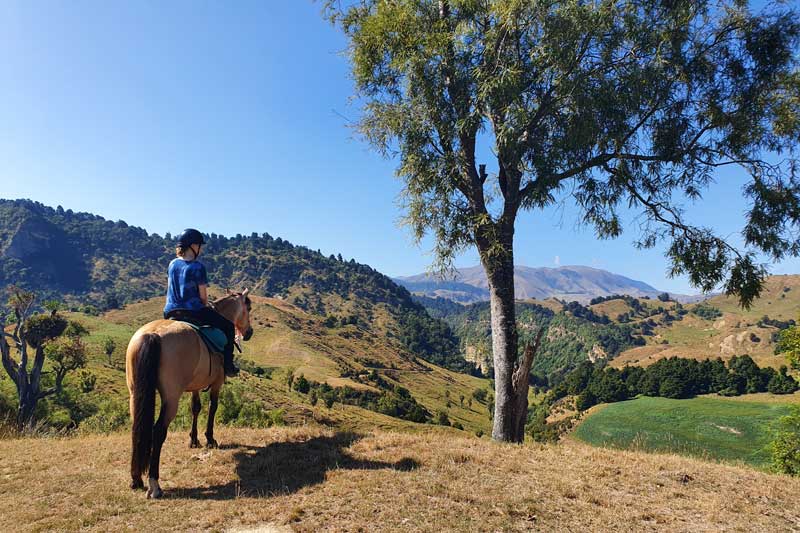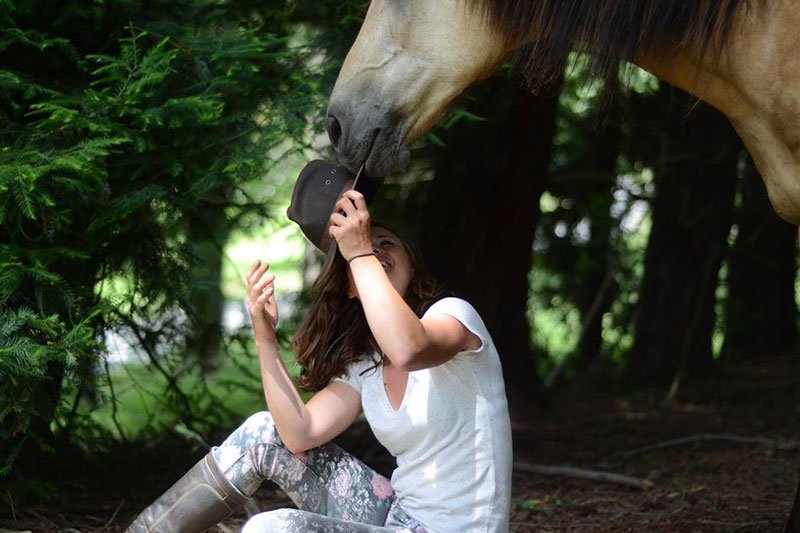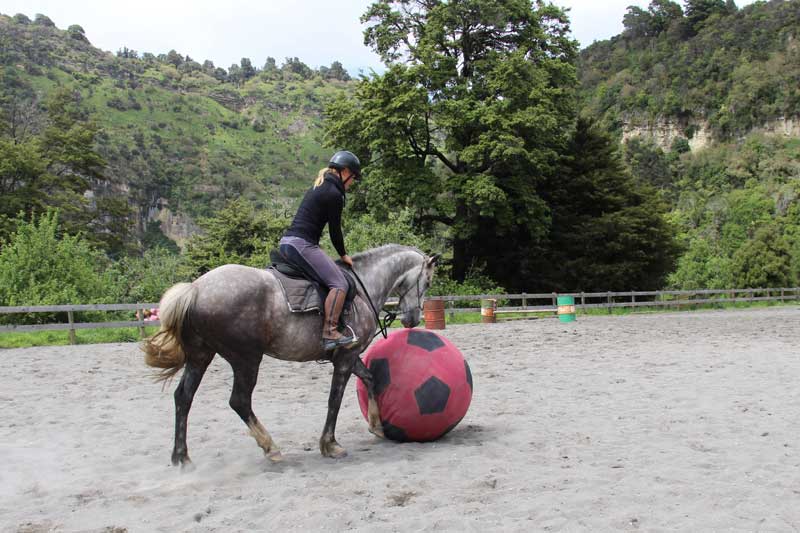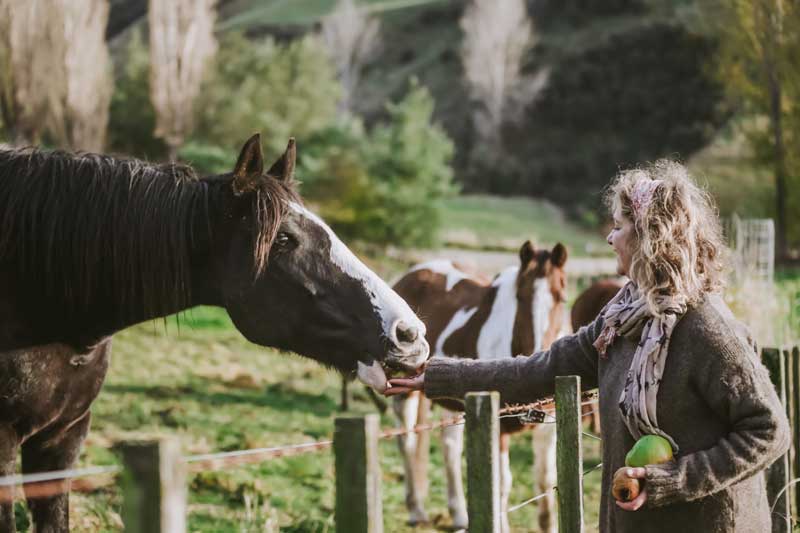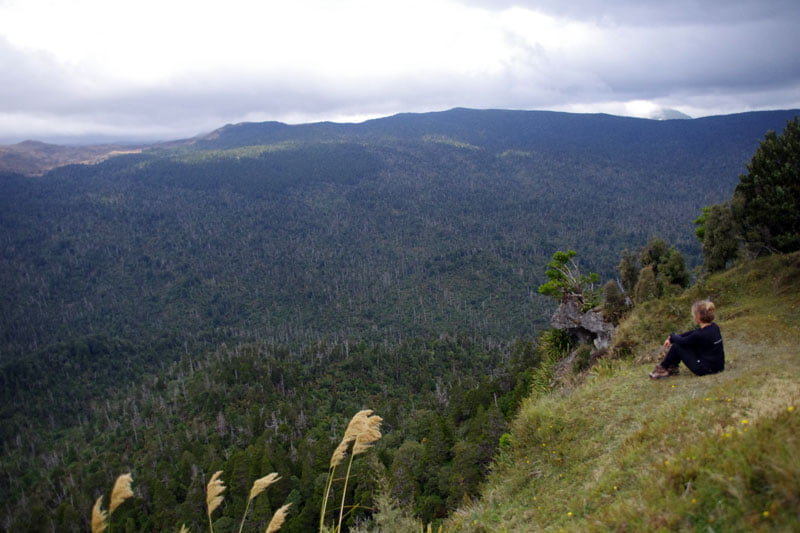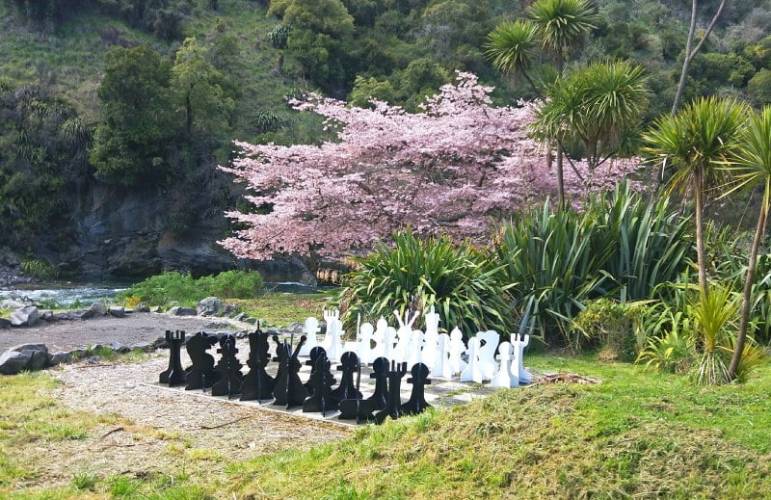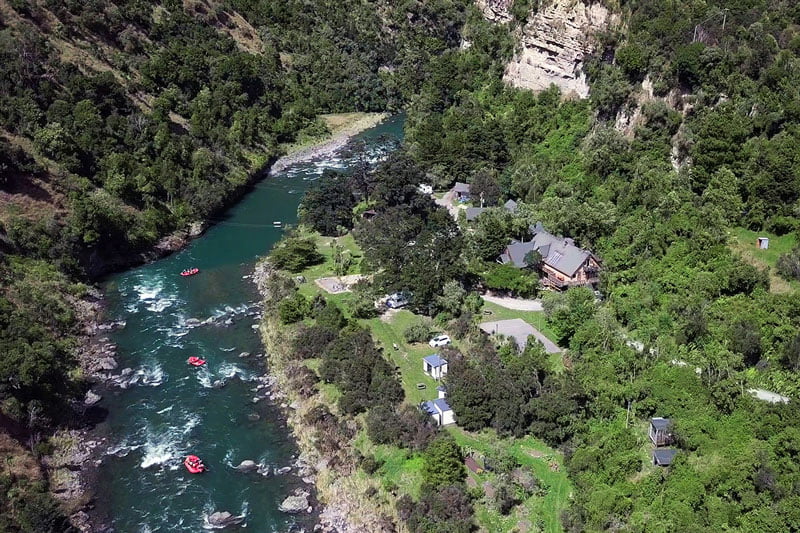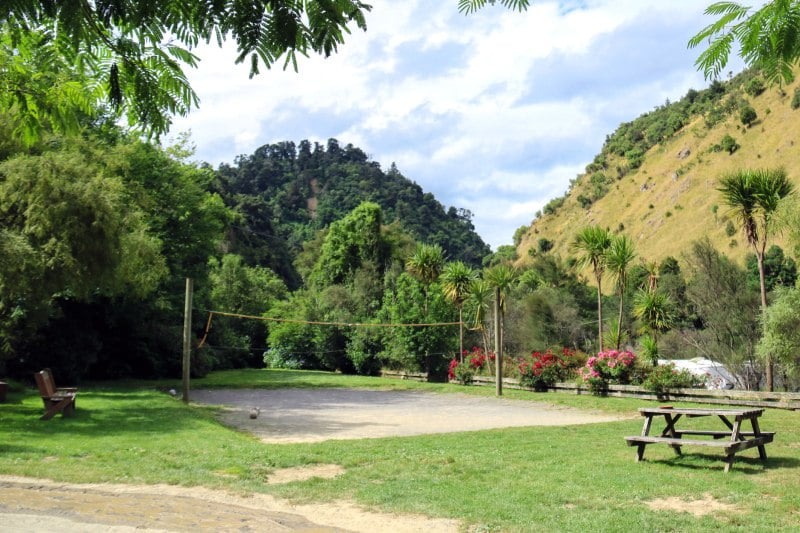What Is Reductionism?
Why Is It a Form Of Thinking That Is So Pervasive And Why Does It Give The Wrong Answers?
A term I often see is “reductionism”. This term while increasingly common in articles about regenerative systems, is especially common when used as the opposite of “holistic”. The process of reductionism is however at the base of most scientific, psychological and I would also say societal research.
What is reductionism? Here is the dictionary meaning – “the theory that every complex phenomenon, especially in biology or psychology, can be explained by analysing the simplest, most basic physical mechanisms that are in operation during the phenomenon.”
In everyday language, this means that the whole is no more than the sum of its parts. An example would be if we were to know perfectly the traits of every biological molecule in an organism, we would be able to predict the behaviour of the organism they compose.
The ability to predict behaviour via the use of reductionist techniques is the basis of scientific experimentation and is at the core of much of our viewpoints and knowledge of the world. But the answers delivered, are they, right?
As an example, there is some research that now says that simply the act of observing an experiment can alter the result.
Is the Whole Really Just a Sum of its Various Parts?
Once you become conscious of how a reductionist mindset is pervasive in the way we look at complex activities and systems, you can easily see how often the answers we get, and hence the policies we follow, so often do not work. How the whole is not a sum of all the parts. How we so often get unintended consequences from our actions. How the interactions within natural systems and people are not predictable.
Reductionism tries to explain everything in building blocks.
Life, all life, is simply not like that. I would have thought that was common sense. But it is not.
And so, we have economic theory that attempts to break everything down into little pieces. Where for example, people are interchangeable with machines, and where the societal cost is externalised. In other words, the societal cost of replacing people with machines is picked up by someone else.
You can see it in the way we treat the land. For example, urea fertiliser is flown on to pasture in vast quantities. Urea makes the grass grow. Plenty of experiments and observation confirm this. But what of the other effects of urea? Polluted rivers, loss of soil organism biodiversity and possible health problems for stock and ultimately humans. Again, those problems are externalised. The reductionist mindset that is all round us says, “it makes the grass grow”.
In business, success is about profitability, and while this is true, it is also a reductionist viewpoint. Where does having a positive effect on society measure? Where does being sustainable or regenerative figure? Where does having happy staff who like being at work figure? Where is having a positive effect on a local community figure? No, we have reduced it all to dollars of profit.
Most of us in whatever field of life we are part of, follow a reductionist way of thinking and living without even realising it.
How does this relate to our River Valley Tourism Business?
This mindset of reductionism is something that I really grapple with. I, like most people, was not even aware that this is how I viewed the world. Cogs of a machine. It was not until I discovered various works on viewing systems as wholes, rather than a collection of small parts that a light bulb went off.
An example would be that I saw grazing the horses at River Valley Stables in a different way. In the past the grass we grew (and at that time we put plenty of artificial fertiliser on to make it grow) was simply a tool to make the horses well fed. It was all about the horses. But now I see it is the health and biodiversity of organisms in the soil that nourishes a variety of nutrient dense grasses, herbs and forbs combined with management practices that leads to well fed, healthy, contented horses. A more holistic viewpoint.
Is going down this path important to our customers? Is it important to our staff? Does it really matter whether they think it is important or not? Or is simply being on this different path the important thing. I now think the latter.
The more I learn, the more I must unlearn. The more I recognise that I just don’t know the answers. Observation and trying to see the whole are critical. With this comes acceptance that some mistakes will be made.
Quite an adventurous path that we are now on, and certainly not reductionist.
Feels great (accept when we make really big mistakes!)
Brian Megaw














